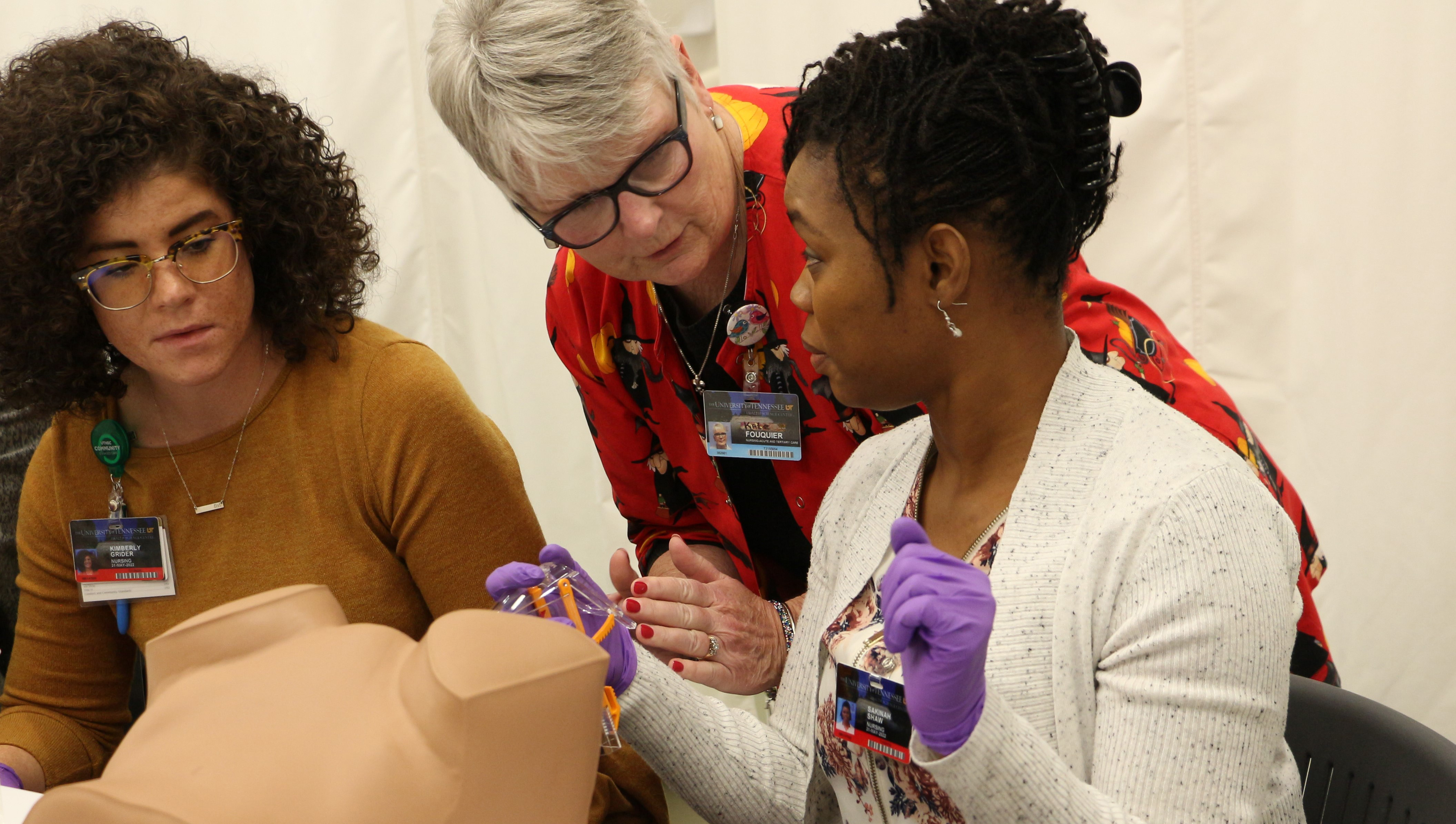DOI
10.21007/con.dnp.2022.0043
Faculty Advisor
Dwayne Accardo, DNP, CRNA, APRN
Document Type
Poster
Publication Date
Spring 5-7-2022
Disciplines
Analytical, Diagnostic and Therapeutic Techniques and Equipment | Anesthesia and Analgesia | Health and Medical Administration | Health Services Administration | Health Services Research | Investigative Techniques | Medicine and Health Sciences | Nursing | Nursing Administration | Perioperative, Operating Room and Surgical Nursing | Quality Improvement | Surgery
Abstract
Purpose/Background Postoperative nausea and vomiting (PONV) contribute to patient dissatisfaction, discomfort, adverse outcomes, and increased healthcare costs. Despite current protocols that aim to reduce PONV by prevention/antiemetic administration, PONV continues to be a common manifestation in many postoperative patients (Elvir-Lazo et al., 2020). This scoping review aimed to analyze available research on the efficacy of dexmedetomidine to reduce perioperative opioid requirements and PONV.
Methods Synthesis of this scoping review began with a systematic approach to search databases and identify eligibility criteria articles. Of the 21 articles that met criteria, a synthesis table was formed to visualize the qualitative (smoking status, surgery type, medical history, etc.) and quantitative (sex, age, American Society of Anesthesiology (ASA) status, etc.) data points of interest. Ten articles were then selected for review via Rapid Critical Appraisal (RCA). Finally, each article’s comparison of two study groups (patients receiving dexmedetomidine without opioids and those who did not) were analyzed to find a direct correlation between dexmedetomidine administration and a decrease in PONV.
Results For 100% of studies analyzed, dexmedetomidine reduced the incidence and severity of PONV. 90% of studies showed decreased perioperative opioid requirements. The method of dexmedetomidine administration was the most potent predictor of undesirable hemodynamic changes, highlighting the need for further research on appropriate dosing of dexmedetomidine when using it in an opioid-sparing manner to reduce PONV.
Implications for Nursing Practice The evidence found highlights the efficacy of using dexmedetomidine to reduce perioperative opioid usage and PONV. Nevertheless, the practice of using two classes of antiemetics to prevent PONV remains the standard in anesthetic practice, making some providers hesitant to attempt using dexmedetomidine for this purpose. Providers should be educated on the findings of this scoping review, and further studies aiming to identify the efficacy of using dexmedetomidine should be conducted.
Recommended Citation
Johnson, Amanda SRNA; Lawrence, Joshua SRNA; Martinez, Staci SRNA; Mayberry, Taylor SRNA; and Accardo, Dwayne DNP, CRNA, APRN , "Dexmedetomidine to Reduce PONV" (2022). Doctor of Nursing Practice Projects. Paper 43. http://dx.doi.org/10.21007/con.dnp.2022.0043.
https://dc.uthsc.edu/dnp/43
Included in
Anesthesia and Analgesia Commons, Health Services Administration Commons, Health Services Research Commons, Investigative Techniques Commons, Nursing Administration Commons, Perioperative, Operating Room and Surgical Nursing Commons, Quality Improvement Commons, Surgery Commons


